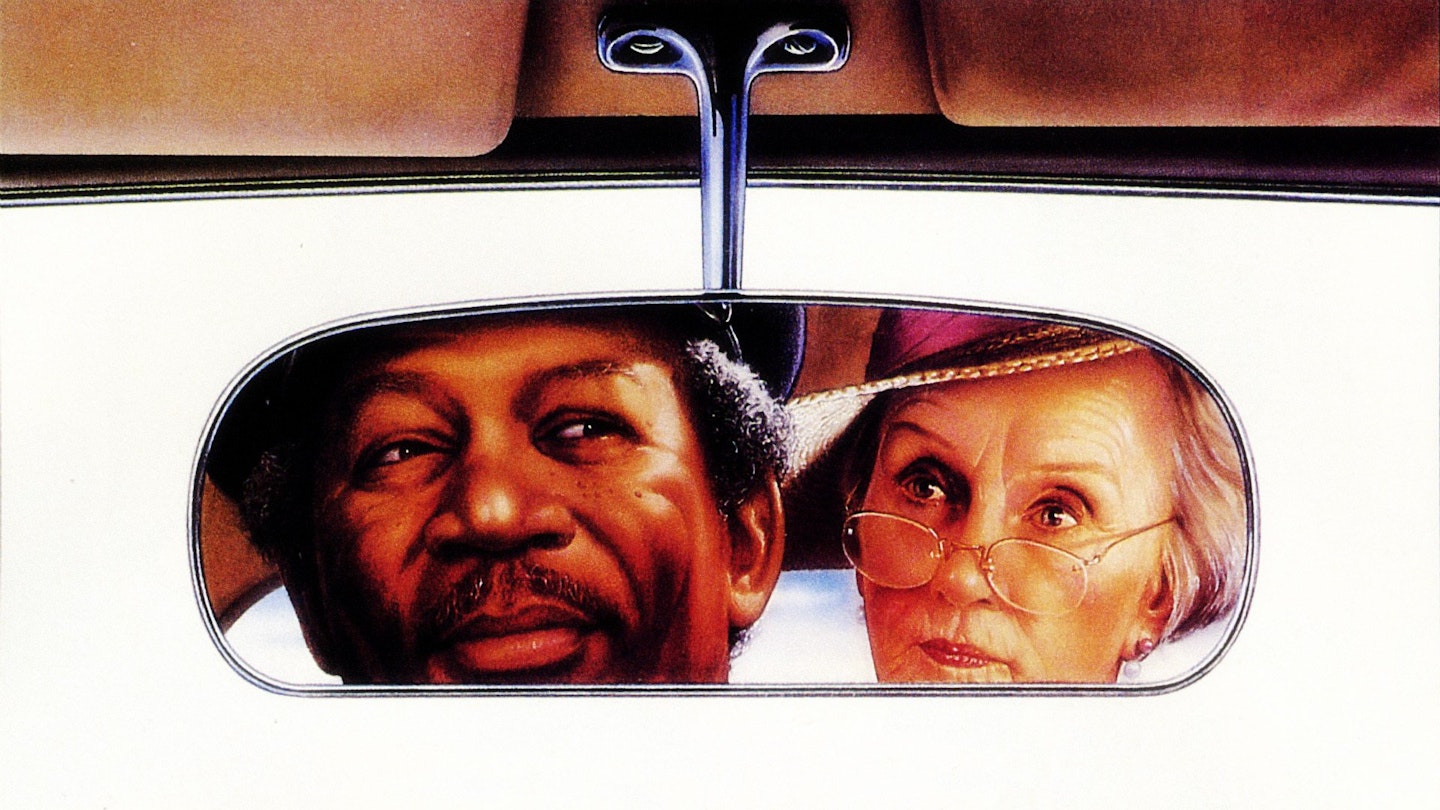For Driving Miss Daisy, as for his previous tales of the American South, Tender Mercies and Crimes Of The Heart, Australian director Bruce Beresford has clearly given great thought to the casting of the principals. Unlike those movies, however, the extraordinary performances in Driving Miss Daisy are merely an accompaniment, albeit a delicious one, to a film suffused with quality from the screenplay (adapted by Alfred Uhry from his Pulitzer prize-winning play) to the magnificent period settings and minute attention to detail.
I wouldnt be in your shoes if the sweet Lord Jesus came down and asked me himself, warns Daisys maid on Hokes first day, and inevitably the old lady gives him a terrible time.
But their relationship inches closer over following years, often to laugh-out-loud effect, and the story follows them as they, and the South, move into the 50s, the 60s, the 70s. The passing years are beautifully heralded by the two of them climbing in and out of a series of ever-modernising cars, a subtlety echoed by the subdued representation of the underlying theme of racial inequality. There are no blazing crosses or fat, murderous racists in Driving Miss Daisy, but Hokes insistence on stopping the car to pee with the explanation that You know coloureds cant use the restrooms in the gas stations, Miss Daisy, or the look of horror on Daisys face when told of the unseen bombing of her synagogue, are worth a dozen Mississippi Burning-style lynchings and beatings.
Then there are the performances. Morgan Freeman, who reprises the role he made his on stage, exudes dignity, humility and humanity with magnificent ease. And Jessica Tandy somehow plays that Hollywood invention, the cantankerous Jewish mother, with utter conviction. Judging by the muffled sobs on this reviewers visit, as the screen darkens on the two of them and the credits roll, many will be thankful that the cinema stays dark to hide the tears.

